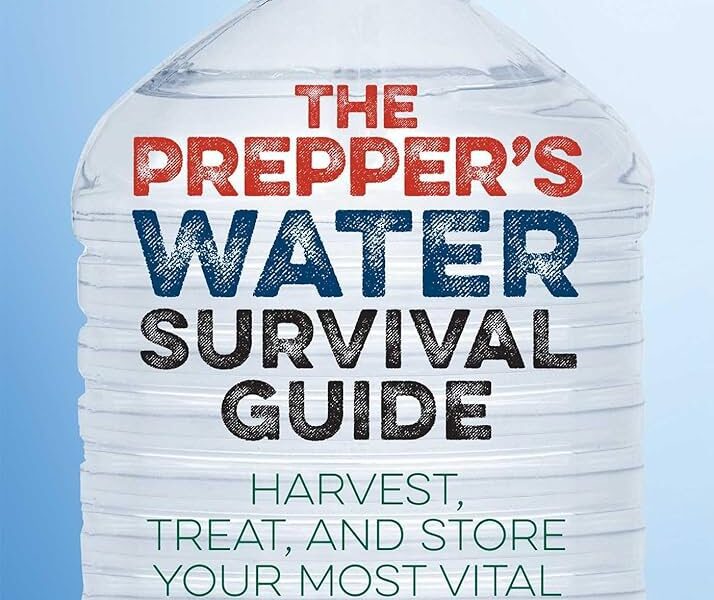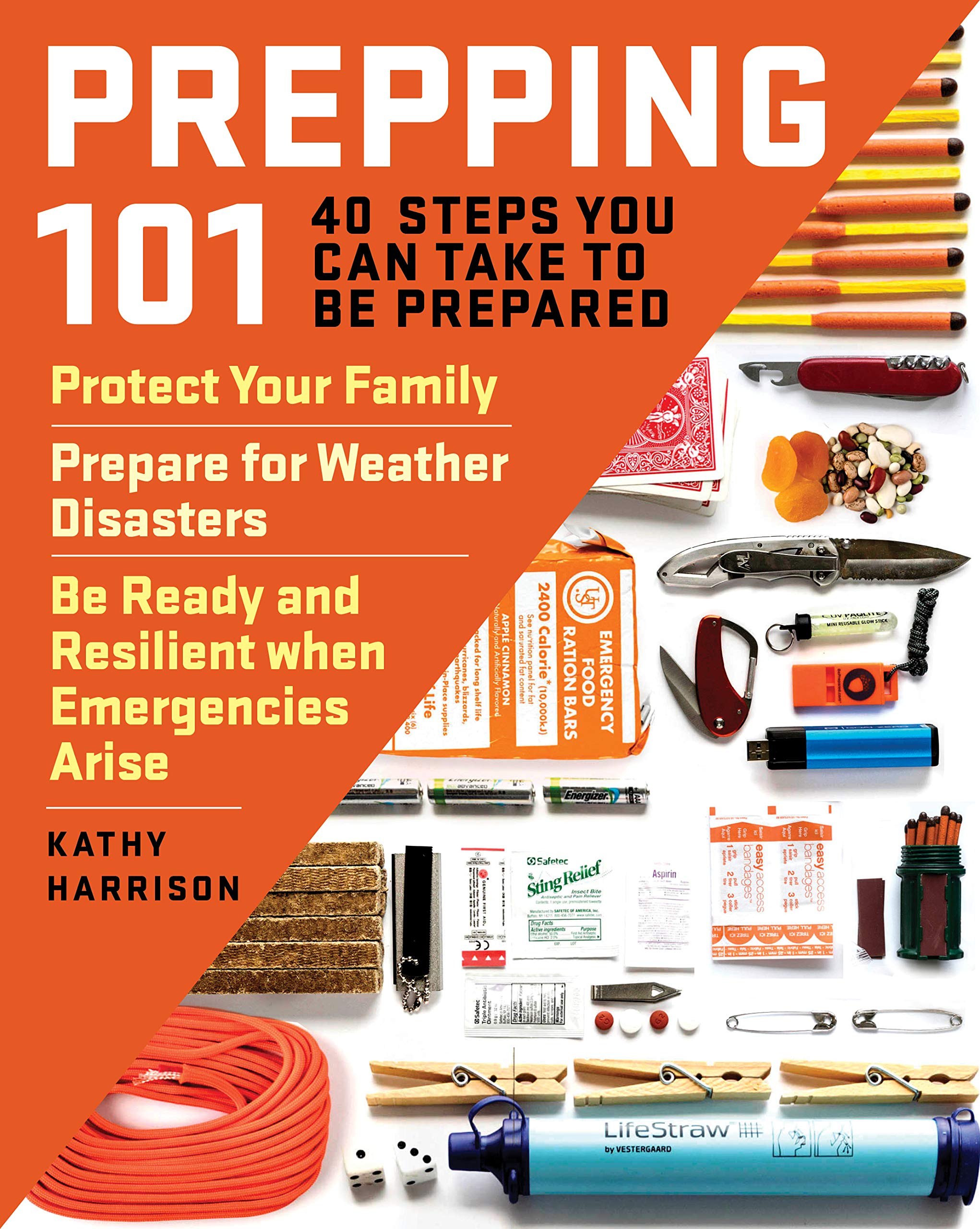Surviving the first 90 days after a societal collapse requires careful planning, resource management, and adaptability. Here’s a breakdown of key steps to help you navigate this critical period:
1. Immediate Assessment and Safety
- Stay Calm: Panic can lead to poor decisions. Take a moment to assess your situation.
- Evaluate Immediate Threats: Identify and mitigate any immediate dangers, such as fires, looting, or civil unrest.
- Secure Your Location: Whether you’re at home or in a temporary shelter, ensure that your location is secure from potential intruders or natural threats.
2. Establish Communication
- Gather Information: Use any available means—radio, trusted neighbors, or social media (if still operational)—to gather information about the collapse and ongoing risks.
- Stay Discreet: Avoid drawing attention to your situation, especially if others around you are unprepared or desperate.
3. Resource Inventory and Management
- Take Stock of Supplies: Inventory all available food, water, medical supplies, and tools.
- Ration Supplies: Establish strict rationing guidelines to stretch your resources. Plan meals carefully and avoid waste.
- Prioritize Essentials: Focus on preserving perishable food items and collecting clean water.
4. Water Supply
- Secure Water Sources: Identify and secure reliable sources of clean water—wells, rivers, rainwater, etc.
- Purify Water: Boil, filter, or use purification tablets to ensure water is safe for drinking.
5. Food Security
- Hunt, Forage, or Grow Food: Begin hunting, fishing, foraging, or gardening as soon as possible to supplement your food supply.
- Preserve Food: Use canning, drying, or smoking methods to preserve any fresh food you acquire.
- Avoid Waste: Utilize all parts of food items, and compost organic waste for future gardening.
6. Shelter and Warmth
- Reinforce Shelter: Ensure your shelter is sturdy, weatherproof, and well-insulated.
- Create Warmth: Stockpile firewood or other fuel sources. Set up a safe, reliable heat source to protect against cold weather.
7. Health and Hygiene
- First Aid Knowledge: Brush up on basic first aid skills and keep medical supplies accessible.
- Hygiene Practices: Maintain personal and environmental cleanliness to prevent illness. Properly dispose of waste and purify water regularly.
- Monitor Health: Be vigilant about your health and that of others. Early detection of illness is crucial when medical help is limited.
8. Security and Defense
- Defend Your Territory: Be prepared to protect your home or shelter from potential threats. Set up physical barriers, create lookout points, and have defensive tools ready.
- Establish a Routine: Develop a routine that includes regular patrols or checks of your perimeter to deter intruders.
9. Building a Community
- Form Alliances: Identify trustworthy neighbors or fellow survivors and establish a cooperative community for mutual aid.
- Share Resources: Pool resources, knowledge, and skills with others to increase collective chances of survival.
- Organize Tasks: Divide responsibilities within the group, such as security, food gathering, and medical care.
10. Mental and Emotional Resilience
- Stay Positive: Cultivate a positive mindset and focus on what you can control.
- Stay Informed: Keep track of any news or changes in the situation that might affect your survival strategy.
- Support Each Other: Encourage and support others in your group, as mental and emotional well-being is crucial for long-term survival.
11. Adaptation and Long-Term Planning
- Be Flexible: Adapt to the changing circumstances, whether it’s weather, resource availability, or security threats.
- Plan for the Future: Begin thinking about sustainable practices for the long-term, such as renewable energy sources, permanent food supplies, and establishing a more secure community.
- Reevaluate Regularly: Periodically reassess your situation, resources, and strategies to make necessary adjustments.
12. Prepare for the Worst
- Expect the Unexpected: Be ready to handle new challenges, whether it’s further societal breakdown, environmental changes, or health crises.
- Stay Mobile: Be prepared to relocate if your current location becomes untenable. Have a bug-out plan and necessary supplies ready.
Surviving the first 90 days after a collapse is about preparation, resourcefulness, and the ability to adapt to rapidly changing situations. By following these steps, you can increase your chances of making it through this critical period.






